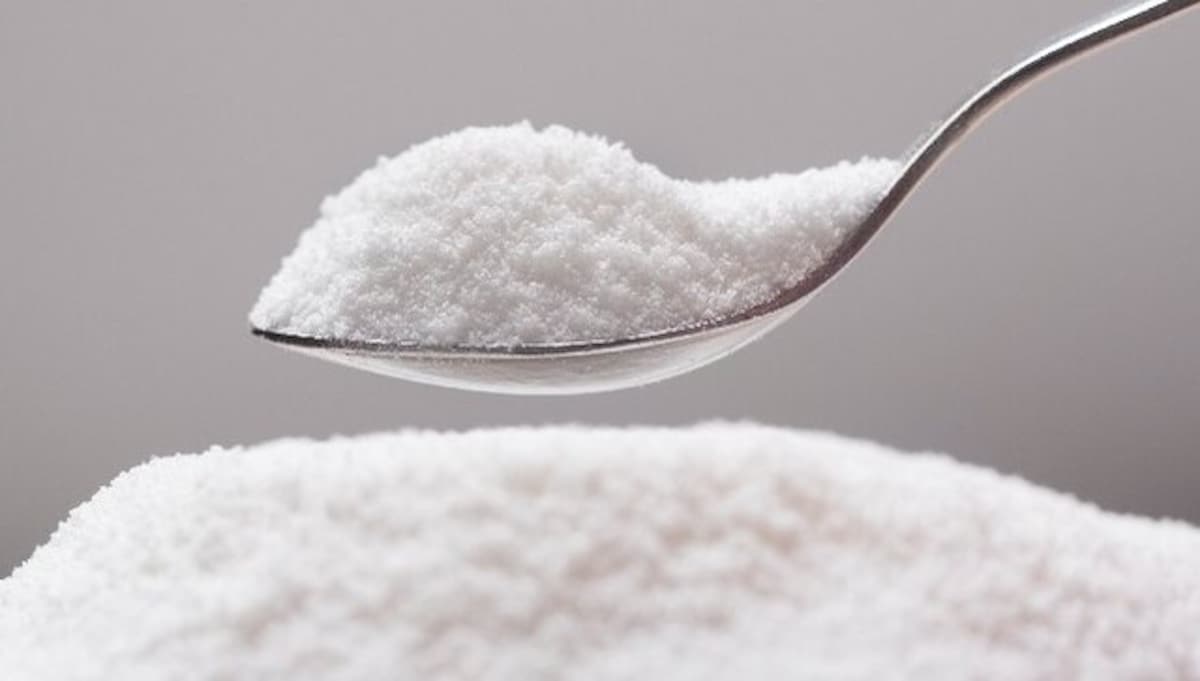Aspartame, a sweetener with health effects
Since 1981, the WHO expert committee on additives has confirmed the safety of aspartame consumption within acceptable daily limits. The international organization has established that the acceptable daily intake (ADI) of aspartame is 40 milligrams per kilogram of body weight.
This means that a person can consume up to 40 mg of aspartame per kilogram of their body weight per day without risking their health. For example, if someone weighs 60 kilos, the allowable amount of aspartame would be 2,400 milligrams (40 mg/kg x 60 kg).
In recent years, several studies have been carried out on the effects of aspartame on health. The Food and Drug Administration (FDA) has reviewed the scientific evidence related to the safety of this sweetener five times since its approval in 1981, and has concluded that it remains safe for use.
However, it is being studied again.
It has an especially important use in low-calorie beverages consumed by children and pregnant women, and in 1981, after an evaluation of its safety and toxicity, the Food and Drug Administration approved its use in food.
Today, with an annual production of 3,000-5,000 metric tons, it is one of the most widely used artificial sweeteners in the world.
Aspartame is part of everyone’s daily life. In a soda or to sweeten coffee or tea, sweetener is on the table of millions of people. The low-calorie sweetener is usually a white, odorless powder...
It's one of the most commonly used artificial sweeteners, and it's around 200 times sweeter than sugar. You can find it in various food products, including beverages, candies, dairy, and chewing gum.
However, the World Health Organization (WHO) is investigating a relationship between aspartame and an increase in the risk of cancer.
In 2022, the NutriNet-Santé cohort study reported that adults consuming higher amounts of aspartame were more likely to develop cancer overall (1.15 times the risk), breast cancer (1.22 times the risk) and obesity-related cancers (1.15 times the risk) than those who did not consume aspartame
On July 14, the official statement from the International Agency for Research on Cancer (IARC) and the Expert Committee of the Joint Organization on Food Additives (JECFA) will be released..
A report by the WHO suggests that the aspartame used in Diet Coca-Cola may be carcinogenic.
Last May, the WHO issued a recommendation that people avoid non-caloric sweeteners as they are ineffective in aiding weight loss and linked with an increased risk of type 2 diabetes, cardiovascular disease, and premature death in adults..
This category of sweeteners includes acesulfame K, aspartame, advantame, cyclamates, neotame, saccharin, sucralose, stevia, and their derivatives, which are suggested to be avoided.
Aspartame, an ingredient included in more than 5,000 food products around the world, was manufactured for the first time in 1965.
It's difficult to control the amount of Aspartame that a person can consume in a day, since many products contain it and we do not know it, or we do not know it.
So what can these sweeteners be replaced with? Will it be necessary to consume sugar again? The most responsible proposal by health professionals is to recommend to people that they use the energy of change to reduce that sweetener that they currently already consume, if they use it as an addition to infusions, for example.
There are products that can contain sugar and more than one type of sweetener in it, wreaking havoc on our microbiome, for example, and as a result on our cognitive and immune systems, among others
Experts are focusing on natural replacements such as stevia, xylitol, or erythritol, for example. These do not change the glucose curve, nor do they generate addiction, since their glycemic power is much lower or null.
Sweeteners must be continually tested to verify that they are safe and to evaluate any new scientific evidence available. (CMS)

Comments
Post a Comment